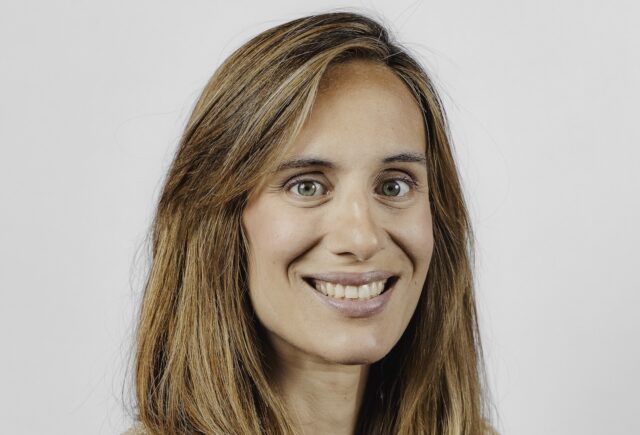Impact investing in the Benelux may become mainstream within a decade as a new generation of wealth owners stand to inherit vast amounts of money.

That’s according to Edwin Backes, co-founder and chairman of Netherlands-based PYM, ‘the conscious investors’ community’.
“The opportunities in impact investing in the Netherlands and Belgium are in a hockey stick phase,” Backes told a panel hosted by Impact Investor and PYM in Rotterdam last week.
“The number of start-ups which are impactful are really on the rise,” said Backes, who entered the world of impact investing five years ago after he sold his stake in the family dental lab business, which had become a market leader in the Benelux under his leadership.
“If you look at venture capital or private equity, you now see second and third funds coming up, having good returns, but with great impact and being listed. You get more and more products out there, better products, from the banks and other wealth advisors,” he said.
Still, only 250 out of 250,000 millionaires in the Netherlands and Belgium are impact investors, according to PYM. Backes wants to raise that number to at least 1,000. Provided they all invest one million euros in impact propositions a year, “we can move billions to impact,” he said.
Closing the information gap
While there are more opportunities to invest, impact investing is not without risk.
“You invest in eight or nine [companies] and maybe one is going to be booming and the others are not,” Ilse Bastmeijer, co-founder of the Netherlands-based Goeie Grutten Impact Fonds, told the panel.
Still, while some impact start-ups may not yield a financial return, they could turn out to be a worthwhile investment after all because they may serve as “an example for others,” in the sector, according to Bastmeijer.
Backes, whose organisation represents some 800 wealth owners, including Bastmeijer, said he has noticed “there is an information and communication gap between banks and wealth owners.”
PYM was partly founded “to close that gap, because 85% of wealth owners want to hear information on sustainable investing and impact investing, but only one-third of relationship managers are talking about it,” said Backes.
‘Banks need to change their narrative’
The next generation of high net-worth individuals is much more willing to invest in sustainable and impact propositions than their parents, according to Backes.
“Eighty percent of those ‘next gens’ say they will change their wealth adviser if they get a say about the money. And they are inheriting €68 trillion within 25 years. It’s a huge amount, so the banks have to change their narrative to remain relevant,” warned Backes.
Jan-Willem Hofland, Head of Investment Centre Netherlands at ABN Amro MeesPierson, told the panel most of its clients “are moving towards sustainability.” But just because “everybody is reading about it in the newspapers, watching it on television, that doesn’t mean that everybody’s making the step towards impact investing,” said Hofland.
That’s because impact investing “is a complex story, and you have to tell it in a convincing way,” said Hofland. “We are trying to train our employees in doing so. But it’s a young industry.”
ABN Amro MeesPierson, the wealth management unit of Dutch lender ABN Amro, launched its first impact mandate in 2019 for clients who have more than €2.5 million in assets. It wanted to start small to implement it well.
“Hopefully within 12 months’ time, we will lower the threshold from €2.5mn to much lower, maybe €50,000 or something, but we are working on that currently.”






